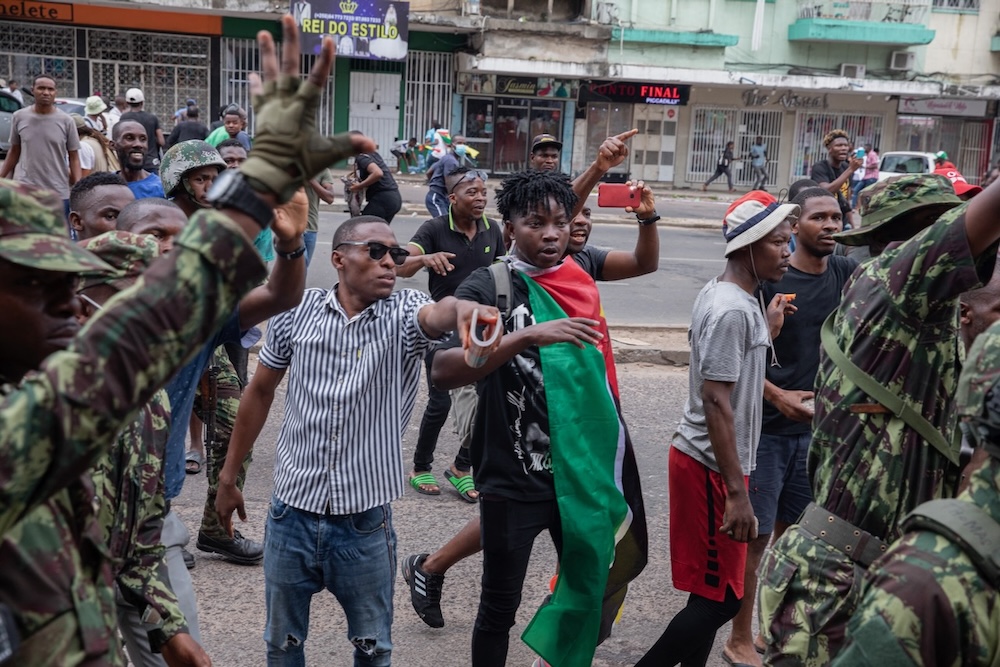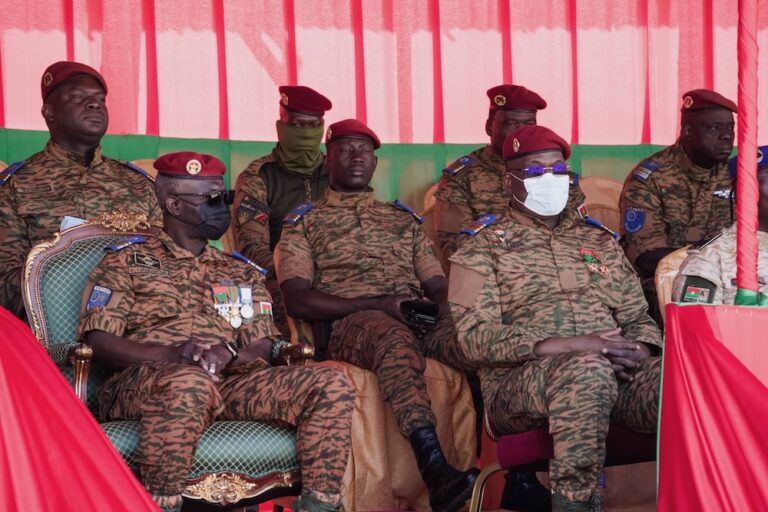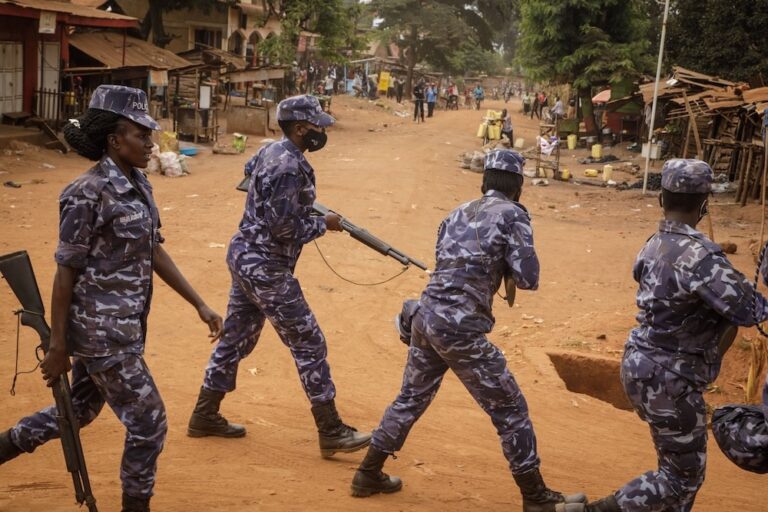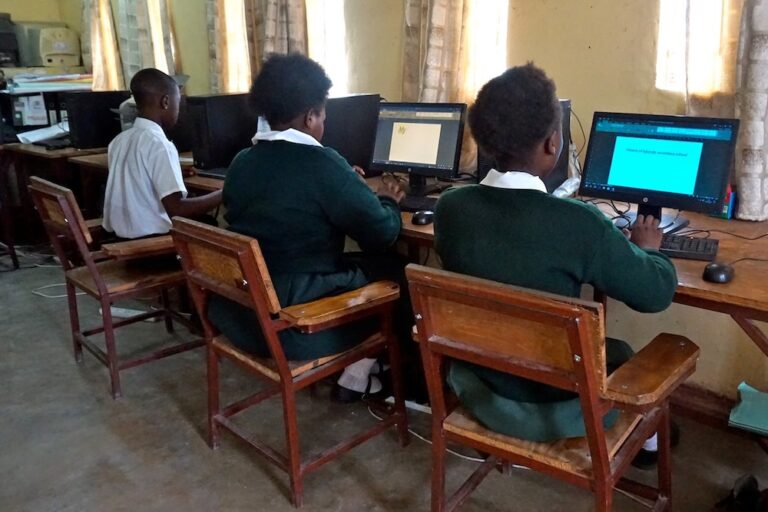State actors - particularly the police and security forces - were responsible for just over two thirds of documented violations on the African continent.
This statement was originally published on ipi.media on 19 December 2024.
The security situation in the eastern provinces of the Democratic Republic of Congo (DRC) continues to threaten the safety of journalists while protests and post-election repression in Mozambique spilled to November
In November 2023, IPI documented 14 violations and threats to press freedom in 9 countries in sub-Saharan Africa. The highest number of violations we documented were cases of censorship, which affected 16 journalists. According to our data, state actors – and most often police or security forces – were involved in the vast majority (71 percent) of the violations and threats documented in the month of November.
In DRC, on November 25, Oxygène Djabero, a media worker at NURU FM in Bunia, the capital of Ituri province in northeastern DRC, was physically attacked in connection with a radio program hosted by journalist Djodjo Djamba on November 18. According to the local press defence group OLPA, during that broadcast, local politician Amos Dhedi exposed the tactics of a criminal organisation that threatens and extorts property from citizens. In apparent retaliation for exposing their activities, the group assaulted Djabero, mistakenly thinking he was Djamba. Before releasing Djabero, the group’s leader reportedly threatened Djamba, saying “You are lucky. Go and tell Djodjo Djamba that he is wanted by us; he will be killed if we get our hands on him,” according to media reports. Fearing for his life, Djamba went into hiding.
In Mozambique, on November 13, police arrested three journalists – two from South Africa and one from Mozambique – while they were covering public demonstrations in Maputo, the capital city. According to the Centre for Democracy and Human Rights (CDD), the South African journalists, Bongani Siziba and Sbonelo Mkhasibe, who work for the Nigerian news channel News Central Africa TV, were detained along with Mozambican journalist Charles Mangwiro, who was providing translation services. The journalists were held incommunicado for two days, raising concerns about their safety and whereabouts, and were then released on November 15. Siziba told News Central that she and Mkhasibe were blindfolded during their arrest. The government ordered a network shutdown, which affected mobile services and access to the internet, that started in late October and lasted until November 8.
In Mali, the High Communication Authority withdrew the license of Joliba TV News, with effect from November 26, 2024. The decision followed a complaint from Burkina Faso’s military government against comments made by Malian political figure Issa Kaou N’Djim about the Burkinabe junta. N’Djim, who had previously supported Malian coup leader General Assimi Goita but later distanced himself from that position, was detained in the capital city of Bamako on November 13 due to pressure from Burkina Faso.




